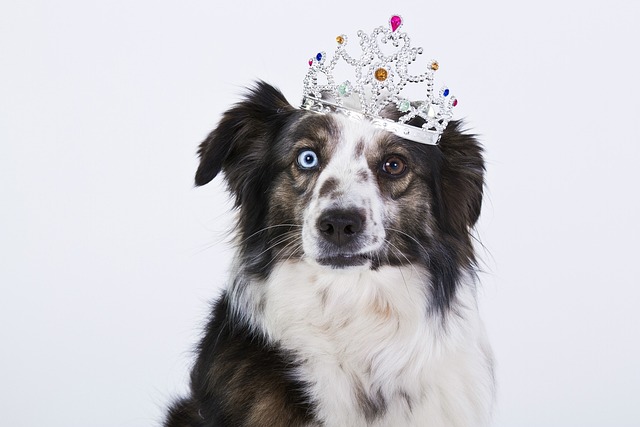
How can I tell if my dog's heatstroke is serious
Let’s be real: It’s a sticky August morning in Los Angeles, and you took your 2-year-old Golden Retriever, Max, for a walk a little later than usual
Imagine this: You turn around for two minutes to grab your coffee, and your 3-year-old lab mix has already torn into the chocolate chip cookies cooling on the counter. Panic sets in—should you rush to get them water? Let me break it down, using what happened to my neighbor’s golden retriever, Max, last Christmas.
Chocolate has theobromine, a chemical dogs can’t process well. It’s like a toxin that builds up, affecting their heart and nervous system. Max ate half a dark chocolate bar, and by the time his owner found him, he was pacing and panting. The vet later explained: giving water right away isn’t bad, but it won’t “wash out” the toxin. Small sips are okay—dehydration makes things worse—but forcing them to drink can cause vomiting, which might make them feel worse without helping the theobromine leave their system.
Here’s what works: Call your vet immediately. Have the chocolate package handy—they’ll ask about the type (dark is worst) and weight. Max’s vet told his owner to skip home remedies like hydrogen peroxide; inducing vomiting can damage their throat if done wrong. Instead, they monitored him closely, offered a little water when he seemed thirsty, and headed to the clinic. He stayed overnight but was fine the next day, thanks to quick action.

Legal and cultural norms matter even in crises. In most states, keeping your dog’s vaccines (like rabies) up to date is mandatory—vet clinics check this during emergencies, and lapses can delay care. When you’re out, even if you’re stressed, always clean up after your dog with those poop bags. It’s part of being a responsible owner, and in cities like New York, fines for skipping this start at $50.
Never scold a dog that ate chocolate. They don’t know it’s dangerous—Max’s owner felt guilty for leaving the cookies out, not angry at him. Instead, praise them when they come to you calmly; positive reinforcement helps them stay relaxed, which is better for their heart in a crisis.
If you live in an apartment, store chocolate (and all sweets) in high cabinets. Dogs are pros at counter-surfing, and a small space means less time to notice they’re into something they shouldn’t be. When walking in your community, keep them on a leash—not just for safety, but to avoid them snatching food from park picnics. Respecting shared spaces keeps everyone happy, including your pup.
Your first instinct to help is good, but smart steps matter more. With quick calls and calm care, your dog will be back to their goofy self in no time.

Let’s be real: It’s a sticky August morning in Los Angeles, and you took your 2-year-old Golden Retriever, Max, for a walk a little later than usual

You're enjoying a summer afternoon at the park when you notice your dog has stopped panting and appears disoriented - their gums are bright red

Let’s paint the picture: You’re in your Denver apartment, watching your 4-year-old Boston Terrier, Ruby, plop down mid-play session with her favorite toy

Many dog owners notice their pets nails seem shorter after regular walks,but how much does this daily activity actually help?The answer depends on where you walk—concrete sidewalks or asphalt streets gently file nails as a dog's paws hit the ground

Most dog owners notice their pup scooting across the carpet at some point, but few connect it to impacted anal glands. These small sacs near a dog’s rectum secrete a scent for marking territory

Most vets agree that regular dog teeth cleaning is key to avoiding painful dental issues later. For healthy adult dogs, a professional cleaning at the vet’s office every 12 to 18 months usually works well.